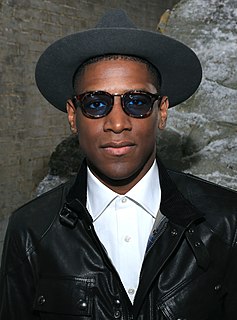A Quote by Nancy Dubuc
'The Hatfields and McCoys' is a classic tale of American history. These are names that are widely recognized, yet few people know the real story that made them famous.
Quote Topics
Related Quotes
We certainly did take the country from the Indians. Right. So, but what's going on here, as I would call it a, sort of, morality tale. What the progressives do is, they take a few nuggets of American history, Columbus' arrival, then the founder's compromise with slavery, and what they do is they fast forward to their favorite episode, so to speak, and they create a story out of that leaving a whole bunch of facts out.
I was a little hesitant at first because there's so many ways you can get 'Straight Outta Compton' wrong. You know, it's such a great story; it's such a classic tale. I was a little nervous 'cause it's like a very narrow road to success with that type of story - you got to get it right - but when I read it, I was pleasantly surprised.
Why so many mentions regarding Jesus from such a wide variety of sources (Pliny, Tacitus, Lucian, Josephus, to name a few)? Because Jesus of Nazareth was a man of history, who made a profound impact on history. There's no good reason to doubt that Jesus existed, or to think the real Jesus was completely different from the one depicted in the Story.
There's a lot we should be able to learn from history. And yet history proves that we never do. In fact, the main lesson of history is that we never learn the lessons of history. This makes us look so stupid that few people care to read it. They'd rather not be reminded. Any good history book is mainly just a long list of mistakes, complete with names and dates. It's very embarrassing.
I don’t think it should be socially acceptable for people to say they are “bad with names.” No one is bad with names. That is not a real thing. Not knowing people’s names isn’t a neurological condition; it’s a choice. You choose not to make learning people’s names a priority. It’s like saying, “Hey, a disclaimer about me: I’m rude.
As a historian of American and African-American religion, I know that the Trayvon Martin moment is just one moment in a history of racism in America that, in large part, has its underpinnings in Christianity and its history. Those of us who teach American Religion have a responsibility to tell all of the story, not just the nice touchy-feely parts.



































